Have you ever heard someone say that snow is the “poor man’s fertilizer”?
If you rub elbows with old-time farmers and gardeners, there’s a good chance you have. But what does that mean? Is snow really the poor man’s fertilizer? And is it only a benefit if you can’t afford anything else?
Jump to:
Yes! Snow Really is a Free Fertilizer!
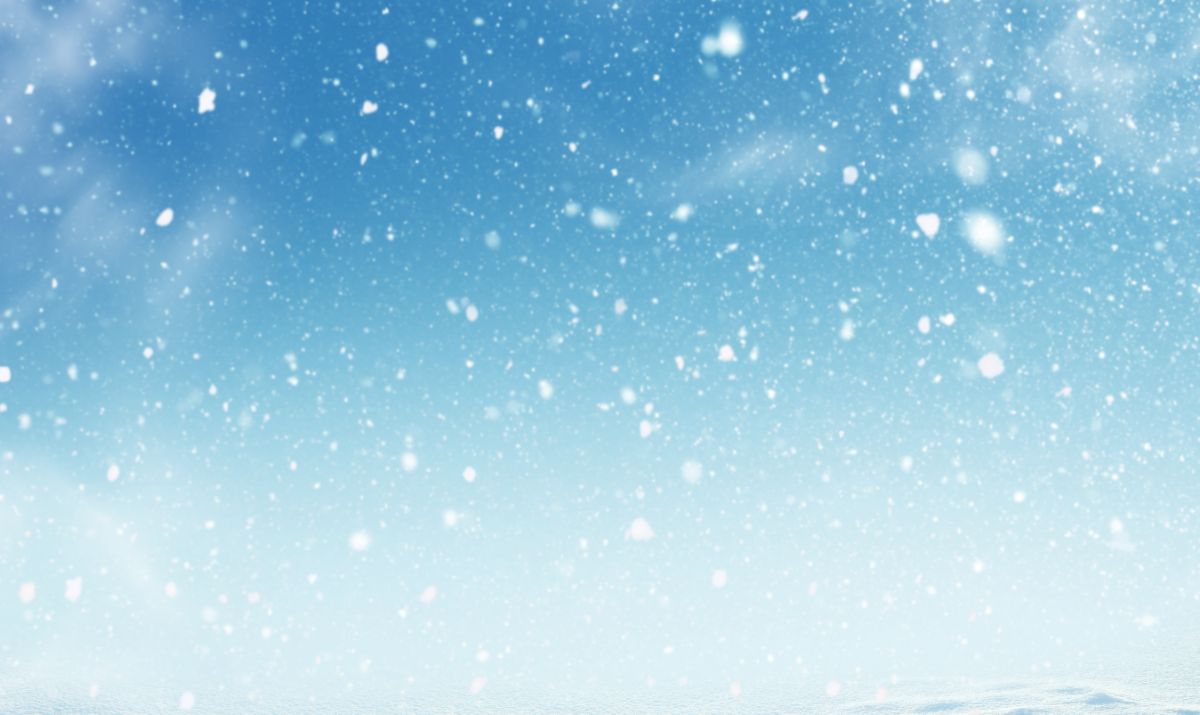
Snow really does fertilize the ground and soil. It delivers trace elements and a fair amount of sulfur, all beneficial to plants. But its biggest nutrient, its biggest gift, is nitrogen.
As it falls, snow collects nitrogen from the atmosphere. This attaches to the flakes, falls to the ground, and is held there until it is released when the snow melts. In fact, snow collects more nitrogen now than it did in decades past because there is more nitrogen in the air than there used to be. This is unfortunately due to increased pollution—but at least that snow is helping to clean and deliver that out of the air!
For Nitrogen, Form Matters, and Snow Helps
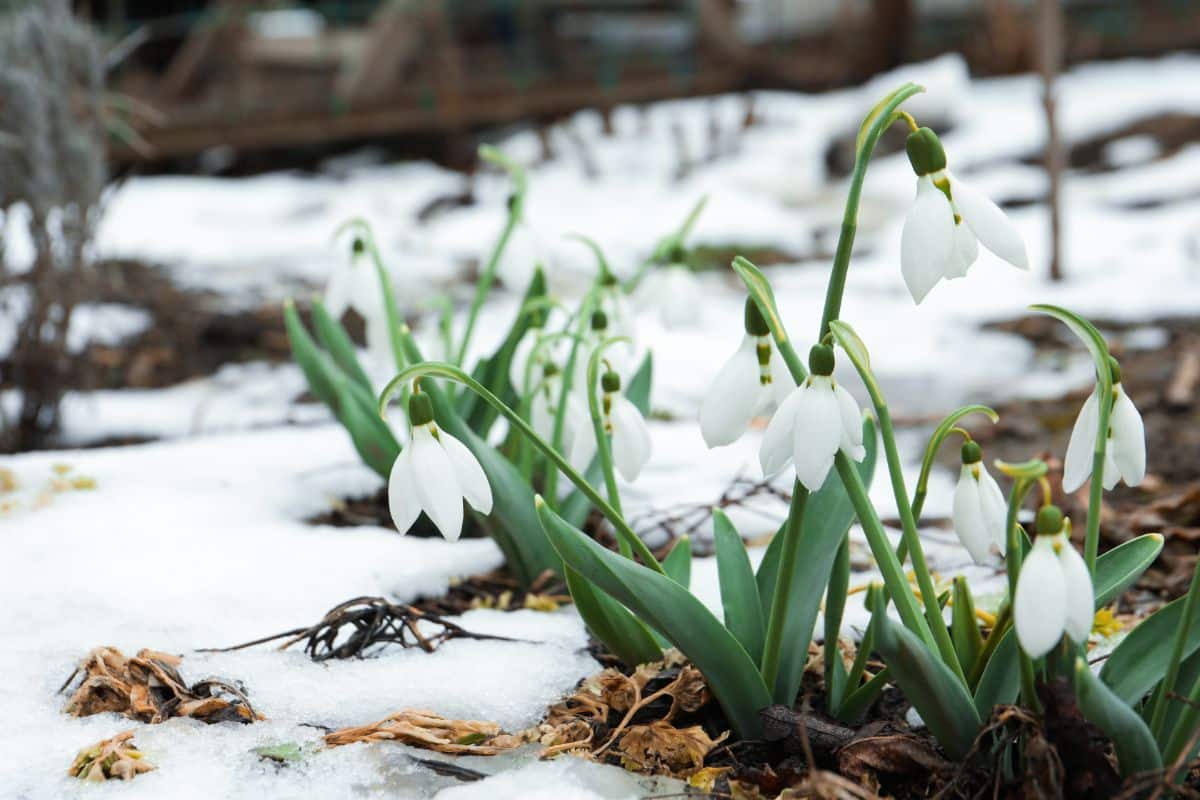
Another important thing to know is that it isn’t just what snow delivers but the form that it is delivered in. Or, more accurately, the form it becomes after snow delivers it.
The atmosphere holds a lot of nitrogen (about 78% of the atmosphere is nitrogen). The problem is the nitrogen in the air is very stable, and plants can’t really use it well. For the most part, plants need nitrogen to be delivered to the soil, where it can be fixed by bacteria. These bacteria turn nitrogen gas into water-soluble nitrogen that plants can pick up.
Snowpack and Late Storms Deliver a Big Nitrogen Punch
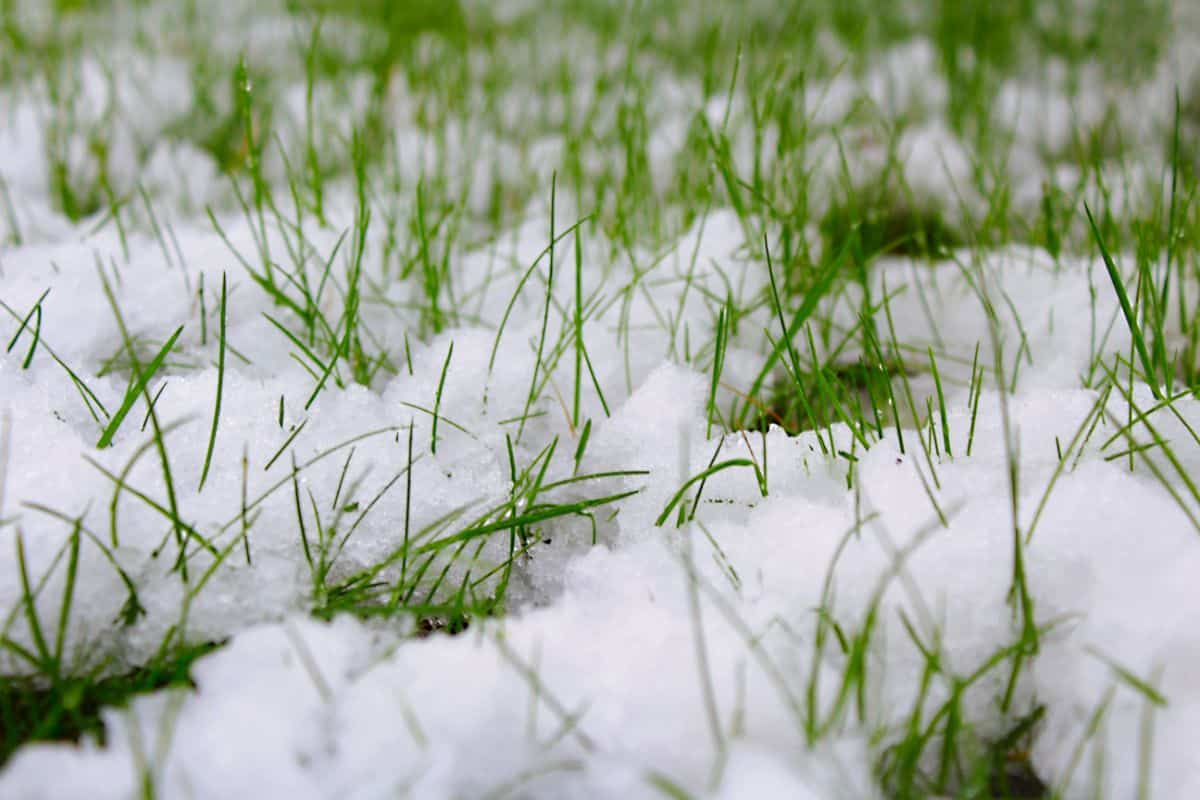
One of the big benefits of snow is that it delivers its nitrogen in one or two big punches when it melts and injects the soil all at once. The nitrogen stays suspended with the frozen snow until the spring melt and thaw. This delivers nitrogen better than rain because it is more gradual, more accumulated, and doesn’t wash out as quickly as it does with rainstorms and runoff.
This is particularly helpful the closer to spring we get when new plants will need large amounts of nitrogen fertilizer. In a normal winter, snow piles up, nitrogen accumulates, and there is a big charge to the soil in a short period of time as the snow melts. This is why later snowstorms are more often called “poor man’s fertilizer”.
Nature’s Fertilizer Might Be a Better Name
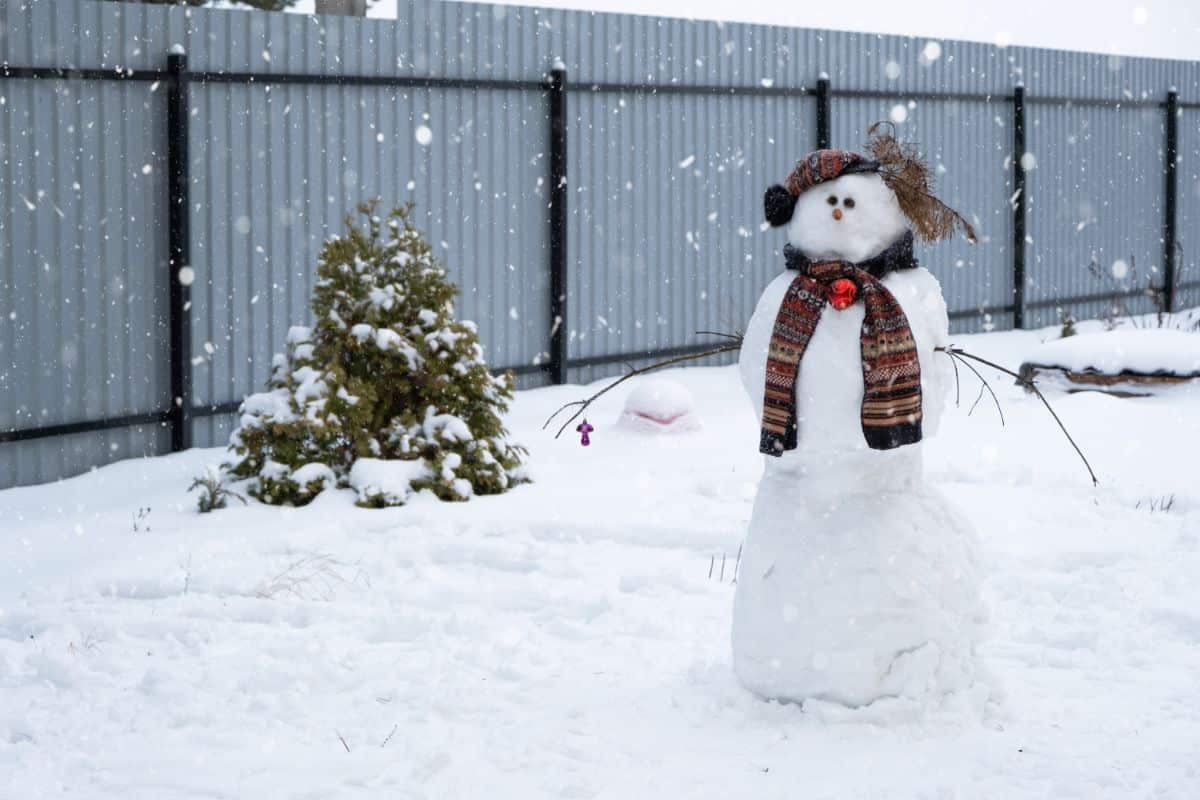
Clearly, the delivery of atmospheric nitrogen is a part of the natural process and cycle of life. The benefits of snow are not restricted to those with small bank accounts, though maybe they have a higher appreciation of Mother Nature’s gift. Mother Nature’s fertilizer might be a better name, as all the ground that snow touches stand to benefit from this delivery of nitrogen, sulfur, and trace elements.
Whatever you call it, if you garden, grow, or enjoy a lush green lawn, you stand to benefit from snow. It may be easy to be frustrated by snow in the winter, but it really is a useful gardening resource. So, there you have a real reason to love the snow, even when you’re missing your summer gardens.

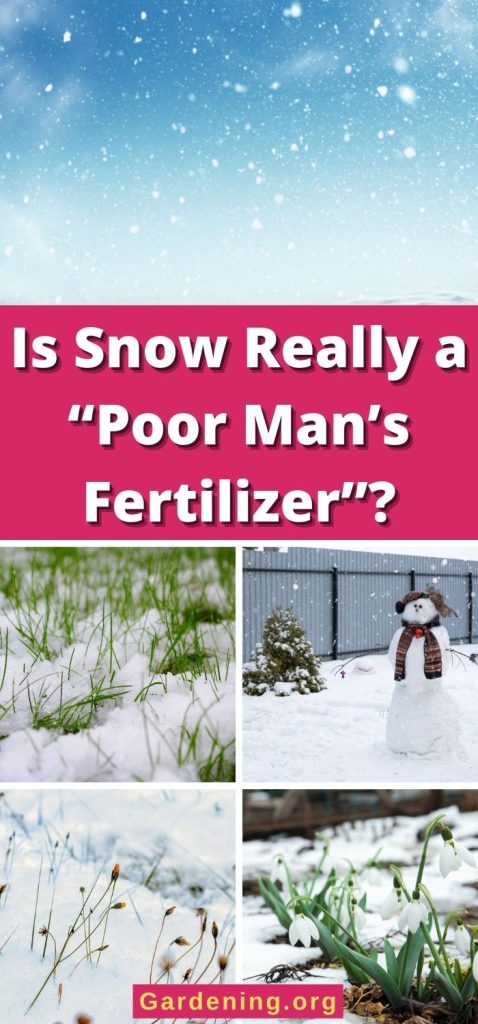
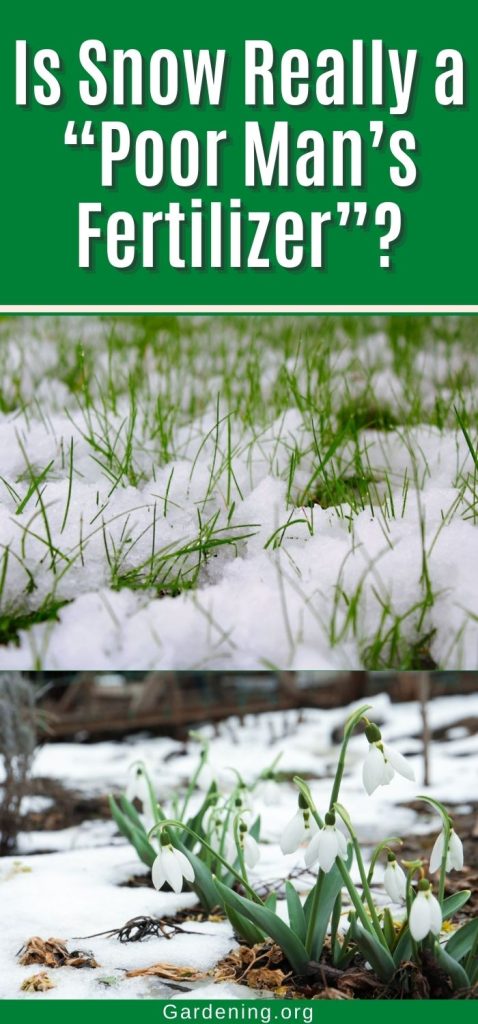
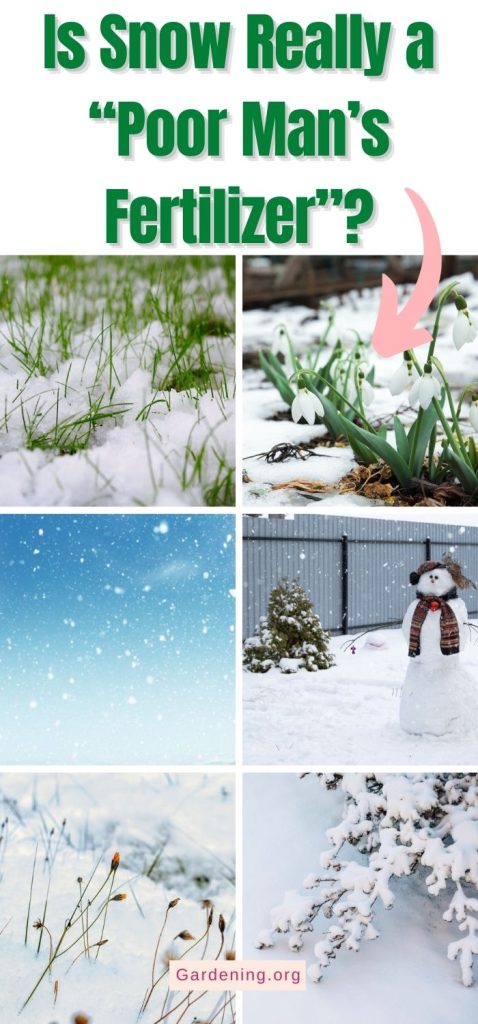
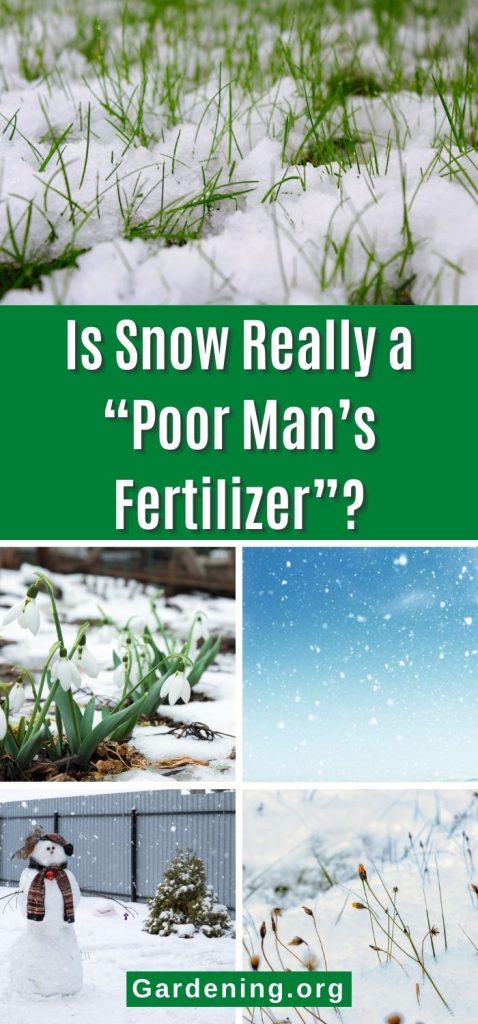
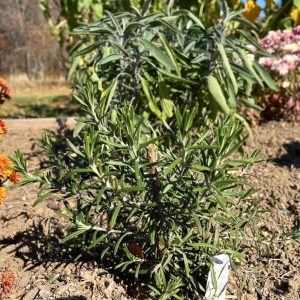

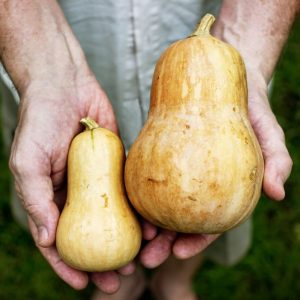
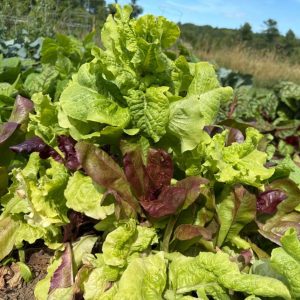
Marvin e veld
Plowing sno u der in late fall before it froze was best n you could get
Mary Ward
Interesting. In my area we don't have snow that early unless it is a total fluke.